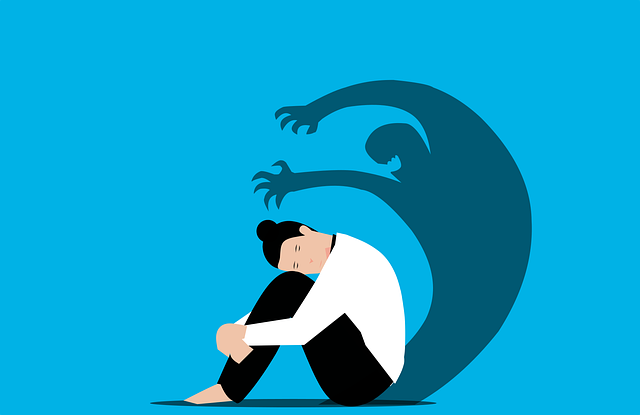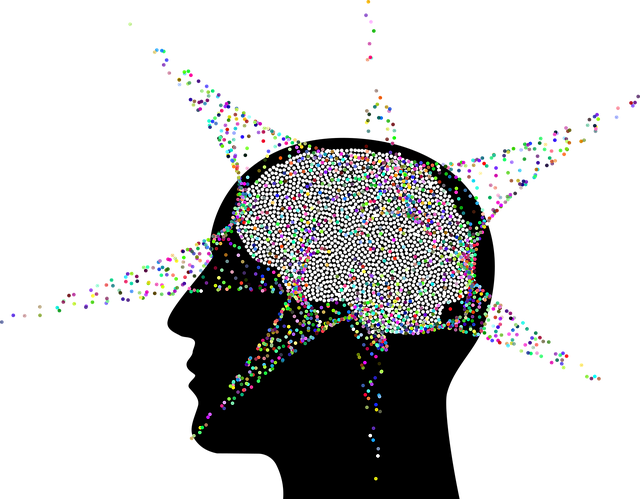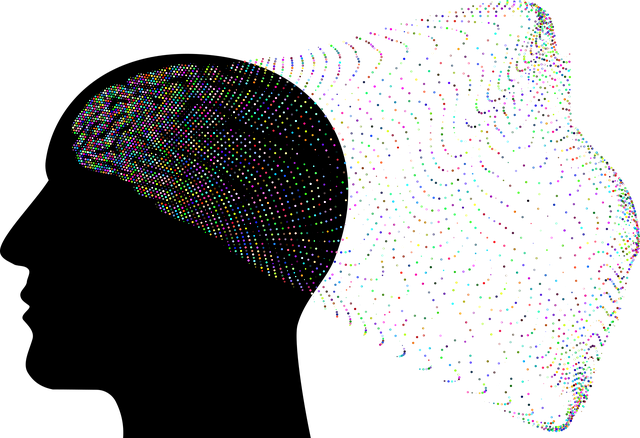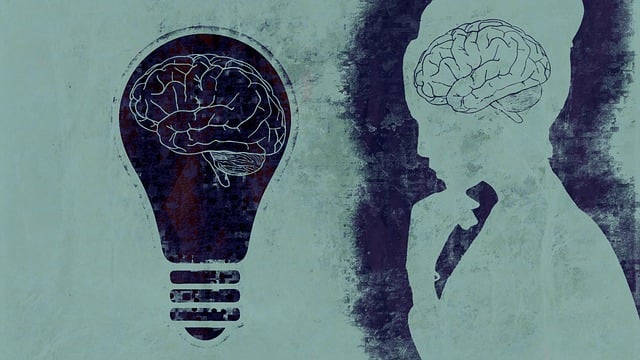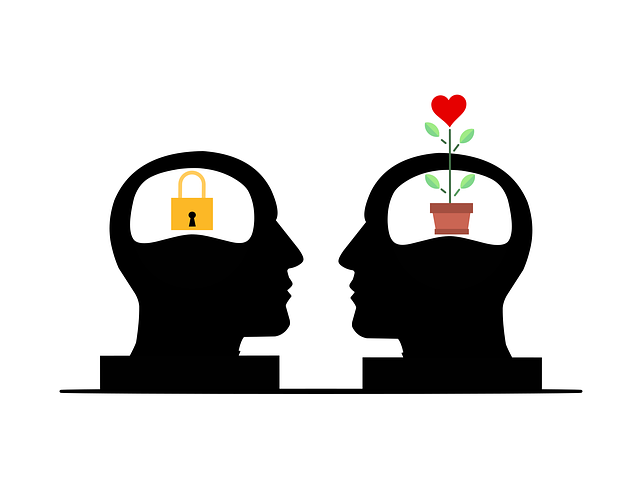Diagnosing mental illness accurately is challenging due to diverse symptoms, cultural differences, and overlaps with physical or substance abuse issues, like those treated at Lone Tree Alcohol Abuse Therapy. Advanced diagnostic tools, professional development, and technology integration, particularly AI, have improved accuracy. Comprehensive training programs for therapists, such as those offered at Lone Tree, enhance diagnosis skills through evidence-based practices and patient-centric approaches that consider cultural influences. Long-term support, including tailored therapy sessions and regular check-ins, is crucial for effective management and accurate diagnoses, empowering individuals to navigate their mental health landscape.
Mental illness diagnosis accuracy is a critical aspect of patient care, and continuous improvement efforts are essential. This article explores the multifaceted approach to enhancing diagnostic precision, focusing on challenges like stigma and complexity, and highlighting innovative solutions. We delve into the role of technology, from AI-assisted tools to telehealth, in streamlining processes. Additionally, we discuss training initiatives for healthcare professionals, patient-centric approaches, and long-term support strategies, drawing insights from Lone Tree Alcohol Abuse Therapy’s successful practices.
- Understanding the Challenges of Mental Illness Diagnosis
- The Role of Technology in Enhancing Accuracy
- Training and Education for Healthcare Professionals
- Integrating Patient Feedback and Collaboration
- Long-term Support and Follow-up Strategies for Improved Diagnosis
Understanding the Challenges of Mental Illness Diagnosis

Diagnosing mental illness accurately can be a complex and challenging task, particularly given the diverse range of symptoms and conditions involved. Many individuals struggling with mental health issues may present varying signs, which can often overlap with other disorders or even physical ailments, making differentiation difficult for healthcare professionals. This complexity is further exacerbated by the fact that mental illnesses are highly individualistic, with unique triggers, severities, and manifestations for each person. For instance, someone battling depression might exhibit a range of emotions from profound sadness to irritability, while another may primarily experience physical symptoms like fatigue or changes in appetite. Such variations complicate the diagnostic process, especially when professionals lack adequate training or encounter patients from diverse cultural backgrounds with varying communication styles.
Additionally, the impact of social and environmental factors cannot be overlooked. Life events, trauma, socioeconomic status, and community influences significantly contribute to mental health issues, often intertwined with substance abuse like Lone Tree Alcohol Abuse Therapy cases. Addressing these challenges demands a multi-faceted approach that combines advanced diagnostic tools, continuous professional development in areas such as Inner Strength Development and Conflict Resolution Techniques, and Cultural Sensitivity in Mental Healthcare Practice to ensure personalized, effective treatment plans.
The Role of Technology in Enhancing Accuracy

The integration of technology has revolutionized the landscape of mental health care, offering innovative tools to enhance diagnosis accuracy. With advancements in artificial intelligence (AI) and machine learning, healthcare professionals can now benefit from sophisticated algorithms that analyze vast amounts of patient data. These algorithms are trained on extensive datasets, enabling them to identify complex patterns associated with various mental illnesses. For instance, AI-driven programs can assist in detecting subtle nuances in speech patterns, language use, and behavior, which might be indicative of conditions like depression or anxiety disorders. This technology not only supports clinical decision-making but also reduces the potential for human error, ensuring a more precise diagnosis.
Furthermore, digital platforms and applications play a pivotal role in promoting early intervention and burnout prevention. Many people struggling with mental health issues may not recognize their symptoms or be hesitant to seek help due to stigma reduction efforts. Technology offers accessible resources, such as online assessments and mobile apps designed for self-screening, encouraging individuals to take charge of their mental wellness. These tools can provide immediate feedback, alerting users to potential risks and guiding them towards appropriate care, including recommendations for Lone Tree Alcohol Abuse Therapy or other specialized treatments. By leveraging technology, mental health professionals can offer more personalized and effective support, ultimately improving overall diagnosis accuracy and patient outcomes.
Training and Education for Healthcare Professionals

Mental illness diagnosis accuracy has long been a topic of concern within healthcare. To address this, comprehensive training and education programs are being implemented for healthcare professionals. These initiatives focus on enhancing clinical skills, expanding knowledge bases, and promoting evidence-based practices. Regular workshops and seminars on topics like burnout prevention strategies for healthcare providers, stress management, and resilience building aim to equip practitioners with the tools needed to make precise diagnoses.
At Lone Tree Alcohol Abuse Therapy, for instance, such educational efforts are not just theoretical but practical. Therapists undergo rigorous training in diagnostic techniques, keeping up with the latest research and best practices. This includes learning how to recognize subtle symptoms, differentiate between similar conditions, and consider cultural nuances that might influence presentation. By investing in these programs, healthcare facilities ensure their staff are prepared to offer accurate diagnoses and effective treatments for a wide range of mental health issues.
Integrating Patient Feedback and Collaboration

In efforts to enhance mental illness diagnosis accuracy, integrating patient feedback and fostering collaboration is a game-changer. At Lone Tree Alcohol Abuse Therapy, we believe that patients possess unique insights into their experiences, which can significantly contribute to more precise assessments. By actively involving them in the process, therapists can gain valuable perspectives on symptoms, triggers, and coping mechanisms. This collaborative approach ensures that diagnoses are not just based on clinical observations but also aligned with the individual’s lived reality.
Through open dialogue, patients can share their emotional regulation techniques, such as mindfulness meditation practices, which have proven effective in promoting emotional well-being. These feedback sessions empower both therapists and clients, leading to tailored treatment plans. By embracing patient collaboration, Lone Tree Alcohol Abuse Therapy aims to revolutionize mental health care, making it more patient-centric and ultimately improving diagnosis accuracy.
Long-term Support and Follow-up Strategies for Improved Diagnosis

Accurate mental illness diagnoses rely on consistent long-term support and follow-up strategies. After an initial diagnosis, ongoing therapy plays a pivotal role in managing symptoms and preventing relapses. Lone Tree Alcohol Abuse Therapy, for instance, focuses not just on detoxification but also on comprehensive care that includes individual and group therapy sessions tailored to address specific needs. This sustained engagement empowers individuals to develop coping mechanisms, learn empathy-building strategies, and acquire conflict resolution techniques – all crucial elements in maintaining mental health over time.
Regular check-ins with healthcare professionals allow for early detection of any emerging issues, enabling prompt intervention. By integrating anxiety relief techniques into these follow-up plans, patients can better navigate stressful situations that might trigger old behaviors or emotions. This holistic approach not only enhances diagnosis accuracy but also fosters resilience and a deeper understanding of one’s mental health landscape.
Mental illness diagnosis accuracy has seen significant improvements through technological advancements, enhanced training programs, and patient-centric approaches. By leveraging technology like AI for data analysis, healthcare professionals can make more informed decisions. Continuous education ensures doctors stay updated with the latest research and best practices. Integrating patient feedback and collaboration improves understanding of individual experiences, leading to personalized care. Long-term support strategies, including follow-up sessions, play a crucial role in monitoring progress and making necessary adjustments, ultimately enhancing the effectiveness of treatments like Lone Tree Alcohol Abuse Therapy.


